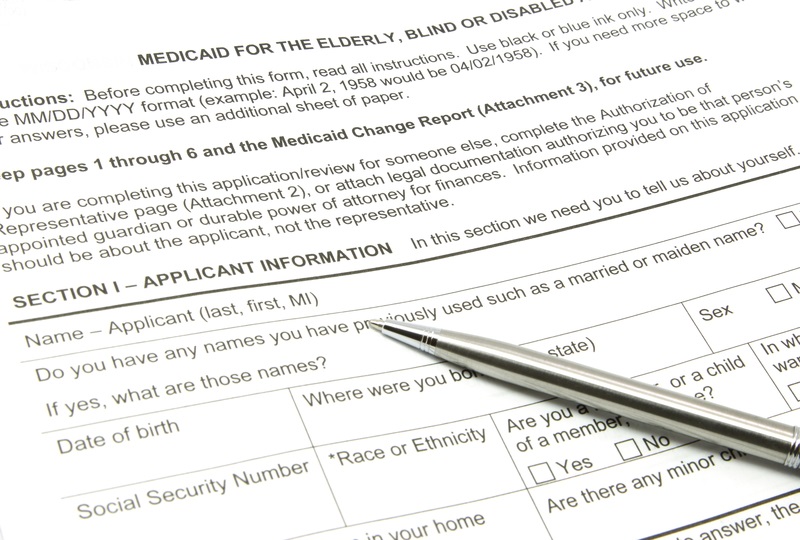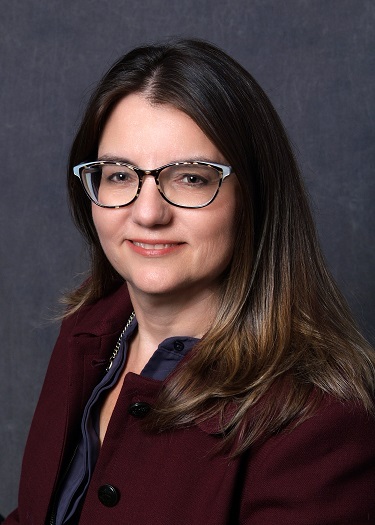Medicaid in Pennsylvania: Appeals Court Determines Undue Hardship Exception Essentially Meaningless

The Commonwealth Court of Pennsylvania has determined that Medicaid was appropriately denied based on transfers to the applicant’s son and Power of Attorney made to himself. (Brenckman v. Dept. Human Services, 443 C.D. 2018 (October 1, 2019)).
Introduction
This is not an unusual finding, as gifts and transfers for less than market value made within five years of applying for Medicaid result in the application of a penalty period and denial of Medicaid during that period.
However, there is a Medicaid exception which provides that transfers will not result in the imposition of a penalty if the denial of eligibility would result in an undue hardship that occurs when the penalty would deprive the individual of medical care and endanger the applicant’s health and life. This exception is commonly used in situations such as this, where the funds are unrecoverable.
The Appeals Court held that because the applicant remained in a facility, there could be no undue hardship. She was being provided care and was in no danger. The facility, which is owed over $100,000 argued that the fact that it has provided care should not now be dispositive, as it could not continue to care for her without payment. It argued that at that point, undue hardship would result.
Background
It is important to note that in Pennsylvania, as in all states, a nursing home cannot evict a patient for non-payment unless there is a safe and appropriate placement for her. Therefore, the facility had no choice but to provide care until it could find another facility willing to take her. This leaves the facility in the difficult position of either continuing to keep her or trying to send her somewhere else without any payment source. The Appeals Court noted this very provision, stating that there would not be an undue hardship even if she was sent to another facility, because by regulation, she could only be sent somewhere appropriate
Of course, this analysis is circular and leads one to wonder when the undue hardship provision could ever be applied. Moreover, it ignores the practical realities facing the facility and the applicant. The facility has no means of recovering payment during the penalty period, except perhaps to bring an action against the family member who received the funds. In this case, as in many I have seen, the funds cannot be recovered. In those situations, a hardship waiver should be granted. However, under the Court’s analysis, the undue hardship waiver is not, and never can be, applicable.
Conclusion
Perhaps the main lesson of this case is the importance of early involvement of an elder lawyer. A knowledgeable attorney would have counseled against the transfers made. If the attorney became involved after the transfers were made, there are options that would have allowed the son to retain some or all of the funds without jeopardizing his mother’s eligibility. Lastly, another approach at the hearing might have led to a better result, as the opinion makes clear that a number of potentially important facts and legal arguments were not included at the trial level.




